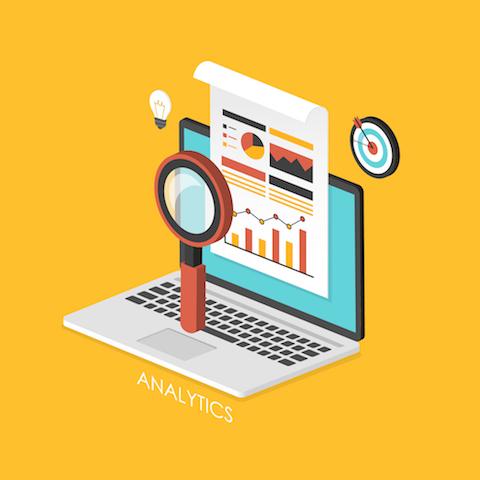Big data is one of the most powerful and most important tools for today’s business. The sheer amount of information available from consumers is making big changes to the way today’s business owners are operating, but along with this rush of data comes new challenges for those on the other side. When it comes to forensic accounting, today’s professional needs to know what big data means to them since it is likely to be the biggest challenge faced by the forensic accountant in the coming years.
By the Numbers
The recent 2014 AICPA Survey on International Trends in Forensic and Valuation Services sheds some light on what today’s forensic professionals are facing in terms of the big data crunch. In fact, 85 percent of those that responded to the survey indicated that they are likely to spend more time on electronic data analysis in the coming future than they ever have. It’s one of the top five issues that these professionals will face in the year to come.
Why Does It Matter?
 Big data is powerful for businesses. It provides important insight and potential opportunity for these companies to gain information they need to change the course of business to meet consumer demand. It’s not likely that the demand for analysis services will drop, but that doesn’t mean the tasks in forensic accounting will be easy to manage.
Big data is powerful for businesses. It provides important insight and potential opportunity for these companies to gain information they need to change the course of business to meet consumer demand. It’s not likely that the demand for analysis services will drop, but that doesn’t mean the tasks in forensic accounting will be easy to manage.
Big data provides an avenue of opportunity for today’s business owner. Not only does it allow for understanding consumers, but it allows for B2B owners to better focus their marketing. By analyzing big data, companies can better focus resources, for example, towards segments that better fit their consumer’s needs. In the simplest of examples, big data can aid a company in predicting buying trends during the holiday season, allowing the company to keep the right products on the shelves, long before they run out.
One of the biggest risks that these pros face is the increased risk of fraud. It’s harder to spot it, it’s harder to trace it, and it’s harder to prevent it. A fake employee or transaction is easily created. Because these risks are more challenging than ever, many businesses are now putting more pressure on forensic accountants to better use big data to accomplish their goals and to protect them. Detecting fraud and working to uncover criminal acts has become a bigger part of the job.
According to the survey, forensic specialists reported specific areas of concern in the area of electronic data analysis, including:
- The increased complexity and scrutiny of engagements
- Competition and fee pressure
- Regulatory changes
- Attracting and retaining qualified staff
The demand for well-qualified professionals continues to grow. But, the demands on those professionals are also more challenging than ever.
What the Implications Are
Big data is putting the crunch on today’s businesses and forensic accountants. Basic skills in this area are not longer enough. Database experience, once a limited skill, is now in demand. Because these professionals need to be able to take massive amounts of information and analyze it, basic spreadsheet skills are no longer enough. Individuals now need to have additional skills including in the areas of electronic data analysis, damages calculations, and fraud prevention.
The demand for information continues to grow, as does the need for forensic accounting experts who can handle that information.






